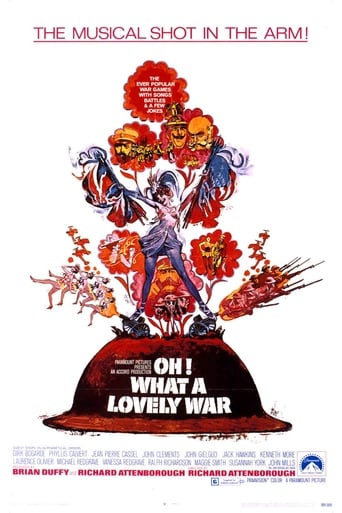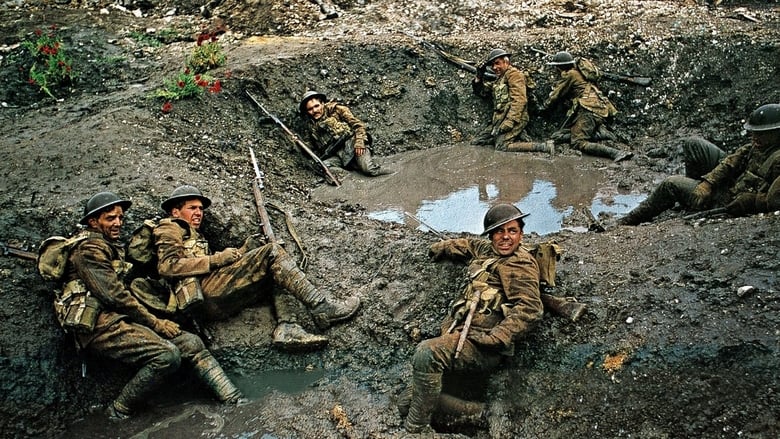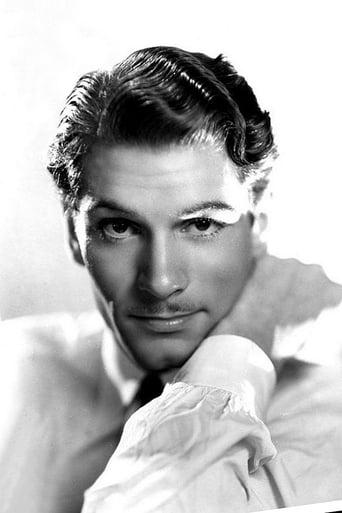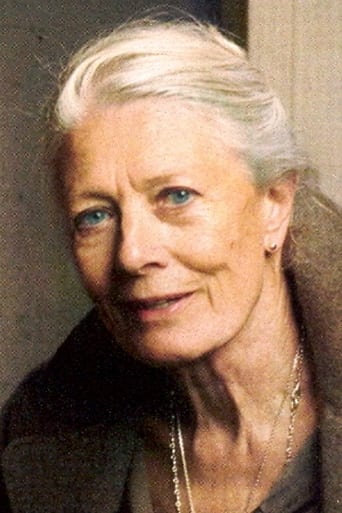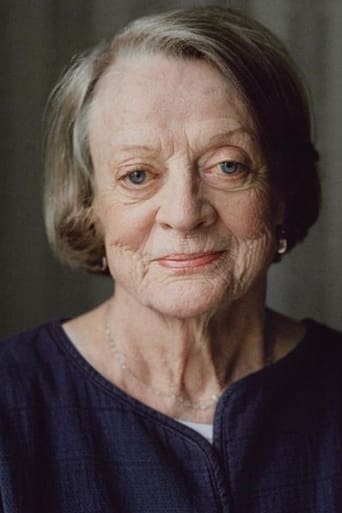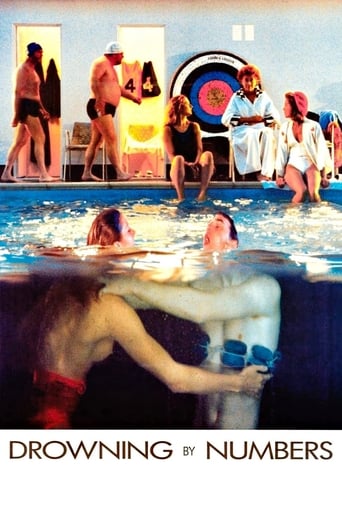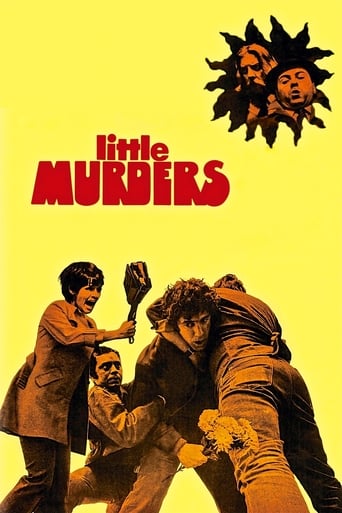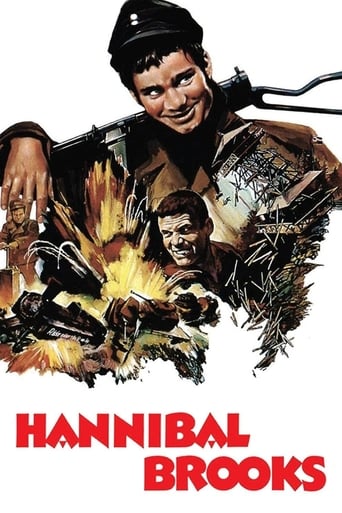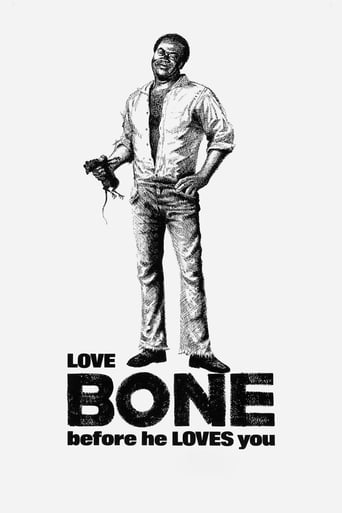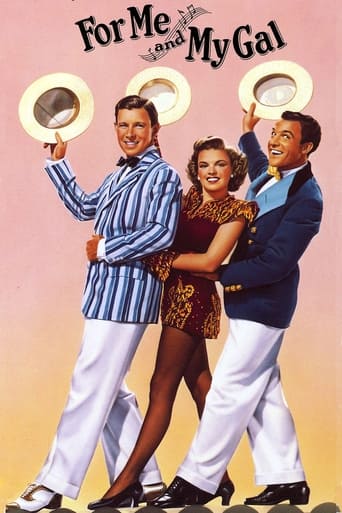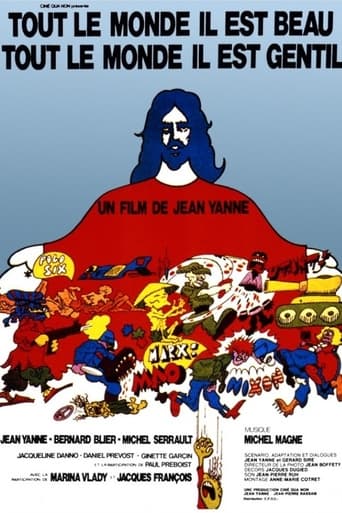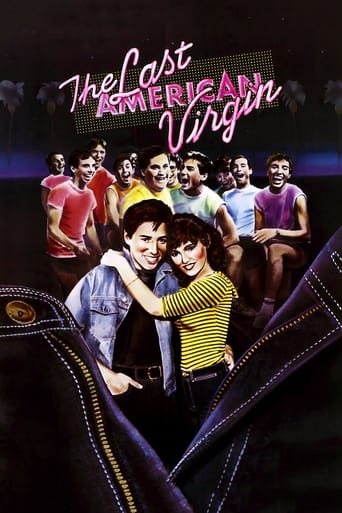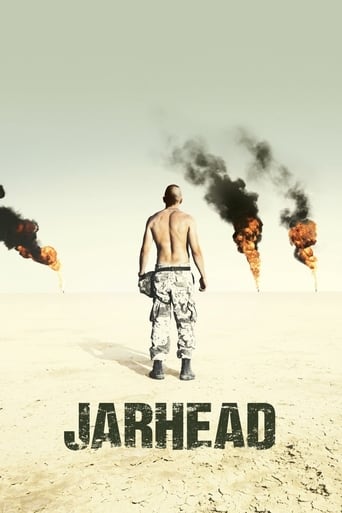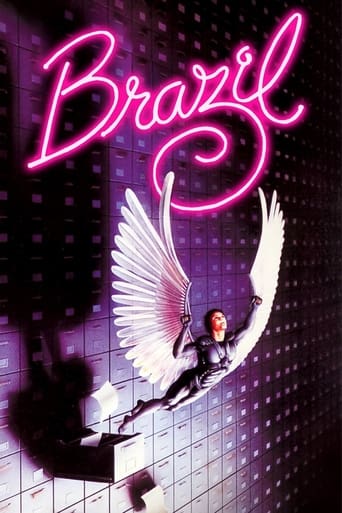Oh! What a Lovely War (1969)
The working-class Smiths change their initially sunny views on World War I after the three boys of the family witness the harsh reality of trench warfare.
Watch Trailer
Cast


Similar titles
Reviews
Powerful
It's fun, it's light, [but] it has a hard time when its tries to get heavy.
A movie that not only functions as a solid scarefest but a razor-sharp satire.
The biggest problem with this movie is it’s a little better than you think it might be, which somehow makes it worse. As in, it takes itself a bit too seriously, which makes most of the movie feel kind of dull.
Point of interest At the beginning of the film we see a sign on Brighton Pier with World War One above an entrance, of course this was artistic licence by the film makers the term was not used at all throughout that awful conflictIt's hard to pinpoint precisely when the term World War I first arose During World War I, of course, nobody knew that a second global conflict would follow closely on the heels of the first, so there was no need to distinguish it as the first of its kind. After initially referring to the "European War," U.S. newspapers adopted "World War" once America entered the confrontation in 1917. On the other side of the Atlantic, meanwhile, Britons preferred "Great War" until the 1940s—with the notable exception of Winston Churchill, who reminisced about the "World War" in the 1927 volume of his memoir "The World Crisis."This is one of my Favourite Anti-War films I disagree with a previous poster saying the first "Act" of the film was boring and unnecessary and was on the heavy sideI think the opposite it sets the film up it gives us the information we need to set the movie in context and as for using heavyweights like Gieguld,Richardson,More,Holm,Hawkins,Olivier,Redgrave,Mills, again it sets the perfect tone the correct amount of light and dark
This is a superlative film. Though based on the Joan Littlewood stage play (itself derived from a Charles Chilton radio piece), the film has the creativity, visual sense and sardonic wit of Len Deighton throughout. Apparently, it also was Len who had the brainstorm to set the fantasy sections at Brighton, which worked brilliantly! Inexplicably, he asked for his name to be removed from the writing and producing credits. (Later, after swearing off the film industry, he got his revenge with his novel "Close-up.") Whatever "corporate changes" (in the sense of group-think) were made to his script, it still works. And it works extremely well. Not only as an anti-World War I piece, but as a powerful critique of the British class structure and the amoral diplomats and generals who sent millions, nearly a generation, to early graves. I can't think of another film that has so artfully blended satire, farce, tragedy and history. This film is "Dr. Strangelove" caliber, but it's a musical, using the patriotic tunes of the day with the sarcastic alternate lyrics that the troops themselves created.Kudos go to first-time director (now Lord) Richard Attenborough, and a stellar cast that was essentially the British Pantheon, circa 1969.I have never seen anything remotely like this, and I doubt if I ever will again. Emotional? If you don't have a few tears by the time they're playing "No, We'll Never Tell Them,"...better check for a pulse.
Richard Attenborough is one of our greatest directors and actors, and I have really enjoyed his movies with him as director; Gandhi, Shadowlands, Chaplin and Cry Freedom to name a few. Oh! What a Lovely War is one of his more interesting films, and perhaps his most audacious. While sometimes lacking the power of the play by Joan Littlewood, and sometimes the structure is a tad disjointed, it is still a very entertaining and ultimately moving film. Visually it is great to look at, with great looking sets and colourful costumes. Attenborough cleverly stages the music hall numbers, which are all outstanding, and the spoken dialogue still retains the delicious satire of the play. The performances from an all star cast are exemplary, including Laurence Olivier, Michael Redgrave, Vanessa Redgrave, Joe Melia, Dirk Bogarde, Phillis Calvert and John Gielgud. All the performances were wonderful, but two in particular stood out. One was Maggie Smith as one of the showgirls in a small but wholly relevant role in the film. The other is John Mills as Haig, a brilliant and understated performance. All in all, a very interesting film. 8/10 Bethany Cox
Attenborough's directing debut is patchy but impressive (even garnering a Directors Guild Award nod), immediately demonstrating his affinity for grandiose subjects; however, it was brave of him to go against the typically romantic view of British Imperialism (not that it was an isolated case during this time - witness the comparable military caricatures depicted in Tony Richardson's THE CHARGE OF THE LIGHT BRIGADE [1968] or, for that matter, Lindsay Anderson's irreverent expose' of the education system in IF... [1968]).The all-star cast assembled for the film looks extraordinary on paper but, actually, only a few of them are given substantial roles - Dirk Bogarde's contribution is especially insignificant if still amusing. I was under the impression that the musical numbers featured in the film were written for the stage show which inspired it: interestingly, they're really a collection of songs that were popular around the time of World War I - notably sarcastic ditties 'improvised' by the soldiers to take their minds off the grueling experiences on the battlefields; best of all, perhaps, is a sequence in which a popular hymn is sung simultaneously by a church gathering and an army troop (with the latter replacing the verses altogether to give it their typically cynical and anarchic perspective!).Production values are top-notch but the overall structure, though generally admirably transferred to the screen, remains somewhat disjointed - the film coming across too often as a series of revue sketches which alternate between the cheerfully jingoistic (Maggie Smith's stirring recruiting song), the broadly comic (as in the scenes involving John Mills' fanatical yet foolhardy Commander) and the immensely poignant (the wonderful sequence in which hostilities mutually cease over Christmas and the soldiers of both sides decide to meet in No Man's Land in order to share drinks and each other's company, not to mention the famous closing tracking shot over the endless graveyard), or else serve merely as expository passages (as in the recurring stylized pier scenes where the leaders of the various countries - among them Ralph Richardson, John Gielgud, Jack Hawkins and Ian Holm - are seen converging to examine the progress of the war).

